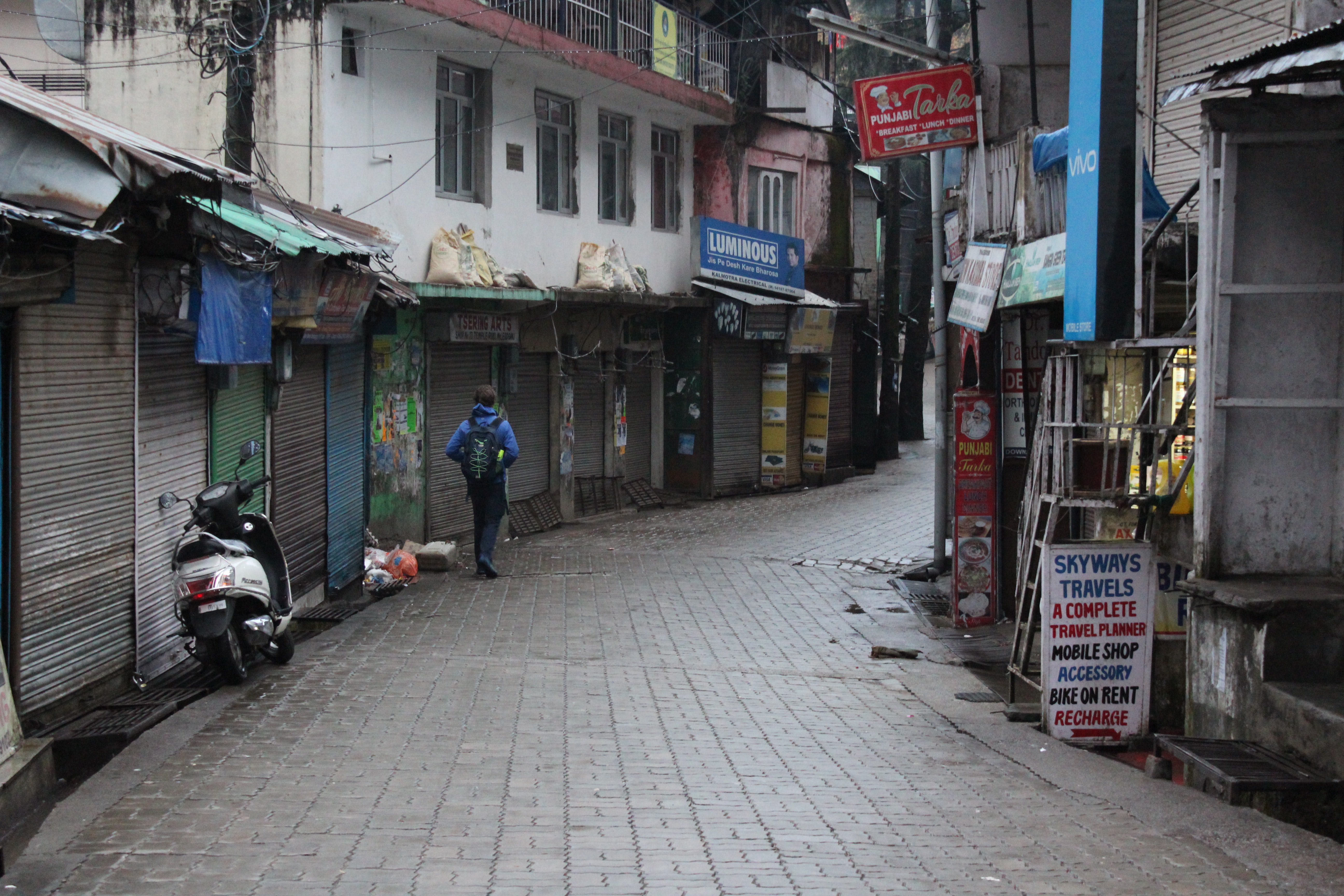Street vendors and shack-dwellers might be the worst victims of the COVID-19 coronavirus lock-down. It is as if the poor do not exist. We have bourgeois measures, drafted by the bourgeoisie, for the bourgeoisie. The government seems to have ignored the most vulnerable in our society. Current densification measures are inhumane for the poor and reminiscent of apartheid. Developed world measures are not appropriate for our township people and street vendors.
The African Council for Hawkers and Informal Businesses (ACHIB) and the Free Market Foundation (FMF), assisted by law firm Lawtons, have been working to find solutions to the problems experienced by ‘the other half’, often invisible.
“We are searching for creative solutions and giving vital advice to our people,” said ACHIB’s Rumbidzai Kangara (‘Rumbii). ACHIB and the FMF have been finding out how destitute people can survive, including how and where they can get life-saving assistance.
“The published regulations permit food sales, yet the lock-down means that food vendors will have no passing trade,” said FMF CEO Leon Louw.
ACHIB and the FMF urge the government to be sympathetic to millions of poor people. “The government should do everything in its power to assist the safe exercise of economic activity in this time of crisis, rather than imposing restrictions which increase in severity as time passes,” said Rumbi.
[perfectpullquote align=”left” bordertop=”false” cite=”” link=”” color=”” class=”” size=””]Instead of government acting as an antagonistic force driving traders off the streets, as it has been doing, it can and should be a force for good. This is the time to stop diverting government spending on the poor who do not fly, to the rich who do.[/perfectpullquote]
The economic impact of COVID-19 is extremely problematic. Most formal businesses can afford survival measures, such as bridging finance, increased sanitation, and work distancing to curb the spread of infection and protect themselves, their employees, and clients. However, entrepreneurs in the informal economy, who are struggling to survive from day to day in our ailing economy, cannot afford measures to protect their health.
Many of them live in shacks, where four or more people might live in a single corrugated iron ‘home’ smaller than a middle-class bathroom. Taking regulations literally, they must stay indoors for three weeks. If they open their doors, they will be in a public thoroughfare alongside neighbours a meter or two away.
Instead of government acting as an antagonistic force driving traders off the streets, as it has been doing, it can and should be a force for good. This is the time to stop diverting government spending on the poor who do not fly, to the rich who do. The government should start by liquidating failed SOEs, especially SAA and SAX, and redivert wasted resources to needy people. Instead of police driving harmless people from the streets, they should hand out sanitation products (gloves, sanitiser, masks), and explain how to remain healthy. That would be cheap, easy, quick and effective. Instead of the government being the enemy, it can be a friend in need.
The last thing that the South African economy, which is already in deep crisis, can afford is ill-considered responses to the global pandemic. Unless the government acts wisely and sensibly regarding the poor, the economy could grind to a halt. If people cannot earn a safe, decent and honest living, they will be forced into crime, even rioting, and looting. South Africa is not the UK or the USA. Rather than solutions from the developed world, we need local solutions which take into account how millions of our people live.
Extending a helping hand to those most in need will serve to foster an environment conducive to cooperation, which is what is needed most, and will foster confidence in our leadership. The government must not alienate the informal sector and, in the process, worsen tensions. Now is the time to take hands and assist the most vulnerable, not further limit their already distressing plight. It will not be forgotten.
The FMF is an independent, non-profit, public benefit organisation, created in 1975 by pro-free market business and civil society national bodies to work for a non-racial, free and prosperous South Africa. As a policy organisation it promotes sound economic policies and the principles of good law.

